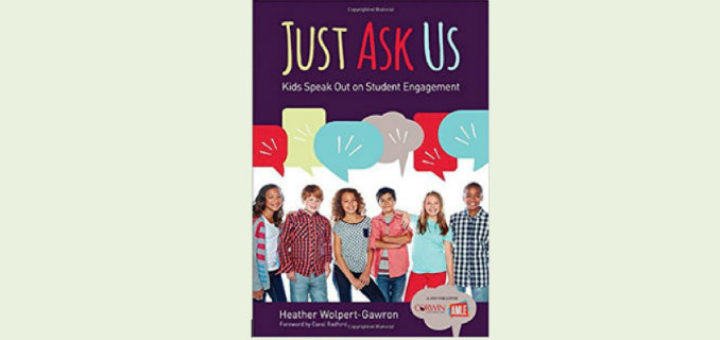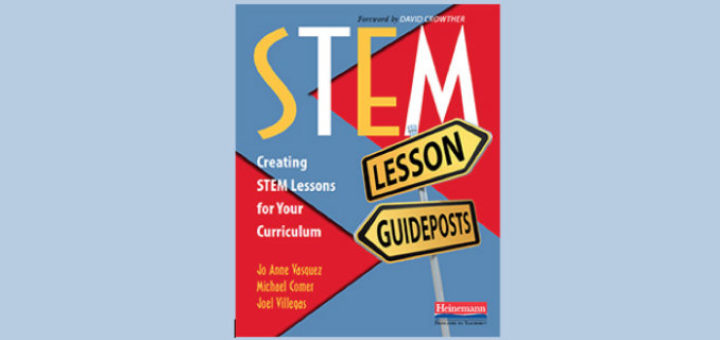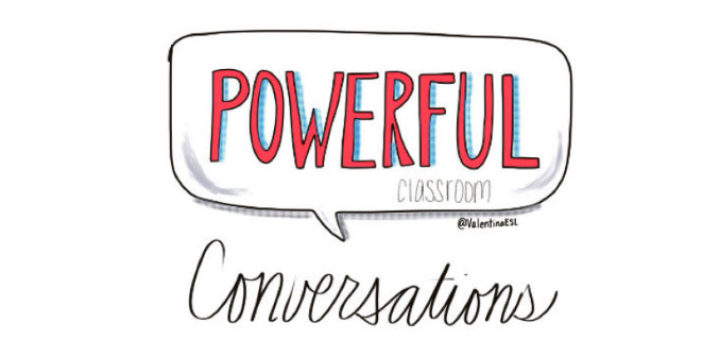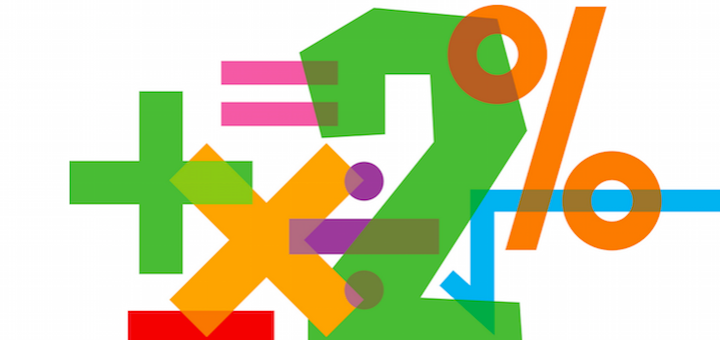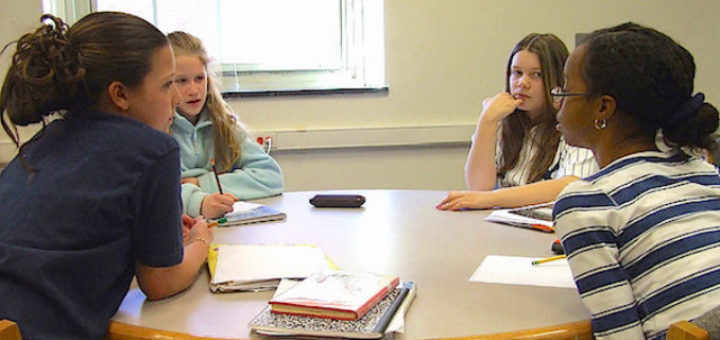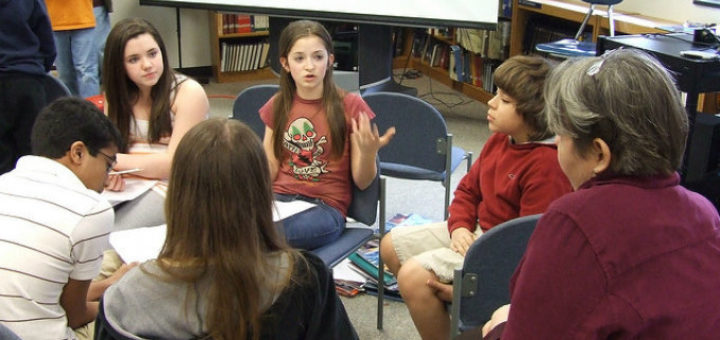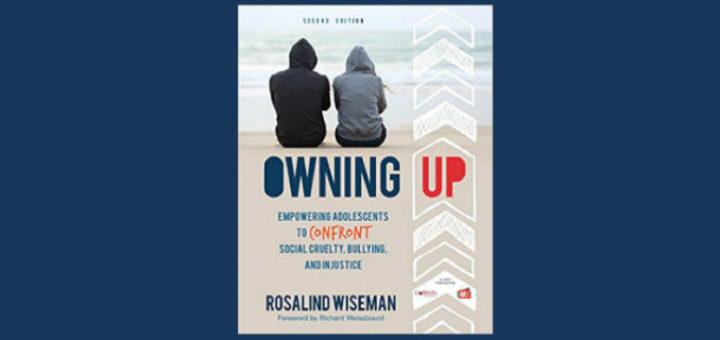Kids Speak Out on Student Engagement
You might look at Heather Wolpert-Gawron’s table of contents in “Just Ask Us” and think that you’ve seen these topics before. You have – but you likely haven’t seen them all in one place, enhanced by the rich voices and wisdom of our students. says teacher Sarah Cooper.

